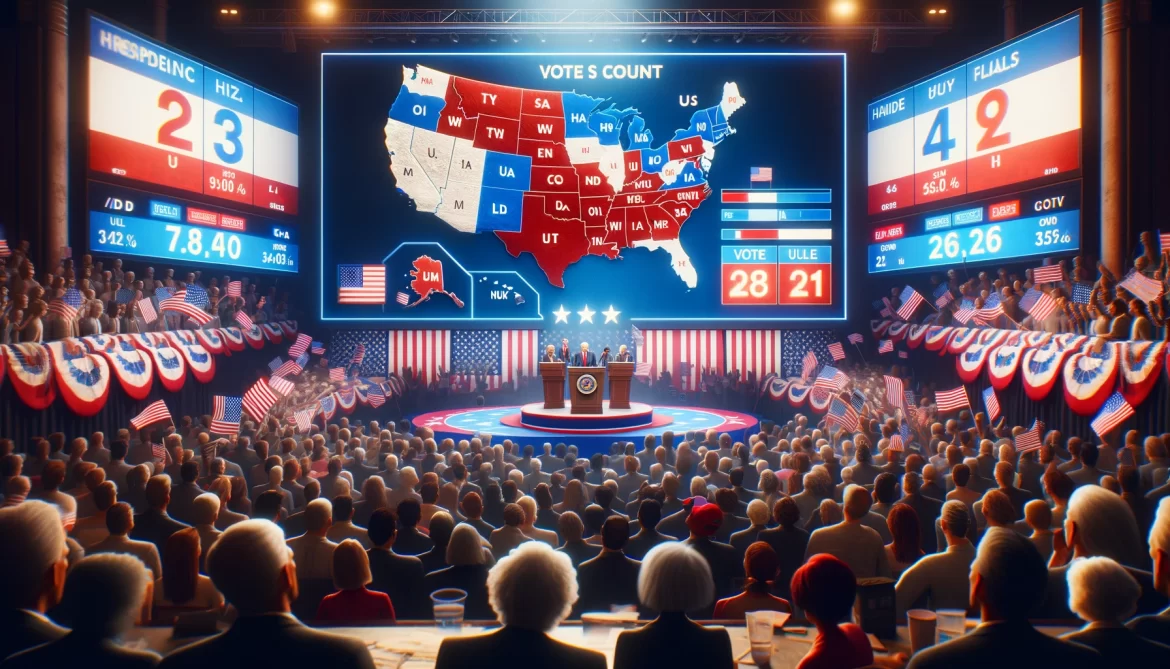The full opinion goes into detail about how the judge assessed the CFTC’s definition of “gaming” and “involves” as they pertain to the statute (the Commodity Exchange Act) the regulator used to reject the products.
The CFTC filed an emergency stay for appeal hours after Kalshi launched its new contracts, willing at least a temporary halt while the appeals court judges consider the emergency motion.
As of the time I’m writing this, the contracts are still halted. The appeals court scheduled a hearing for Thursday, giving each party 15 minutes to make its case – though ultimately it ran for some 2.5 hours. We’ll presumably find out if the contracts can restart before the election happens after the hearing, but there’s no firm timeline here. And of course, there’s still the broader question about the appeal itself and how that may go.
The broader picture, of course, is the CFTC’s ongoing rulemaking around the role of political prediction markets in the U.S. The CFTC’s view is it shouldn’t be responsible for overseeing these because it’d be too difficult for the regulator to police the underlying market – i.e. the results of the U.S. elections – for fraud and manipulation.
The markets themselves may be subject to manipulation through the use of misleading or false polling data, CFTC General Counsel Rob Schwartz argued in court Thursday. And manipulation on prediction markets may further undermine confidence in elections themselves.
Kalshi’s view is these concerns are besides the point, because Congress authorized the CFTC to block certain types of event contracts and election markets aren’t on the list.
“Their argument comes down to characterizing these event contracts as involving either gaming or unlawful activity,” said Jones Day Partner Yaakov Roth. “The problem as to both is that the Commission’s interpretations of how the statute works and how this link what this language means are so broad that they would sweep all event contracts, thereby rendering the other enumerated activity superfluous and flipping the whole structure of how this statute works. And they have not been able to give a limiting principle.” Roth represents Kalshi in its case against the CFTC.
The judges grilled both attorneys, seemingly unimpressed by either over the course of the 2.5-hour hearing (which was originally set to last 30 minutes). It remains to be seen how they’ll rule on the temporary stay.
- Coinbase Faces New Class Action Over Alleged Securities Violations
- US DOJ Scraps Crypto Unit as Trump Loosens Digital Oversight
- Trump’s Crypto Czar David Sacks Outlines Pathway to Expand US Strategic Bitcoin Reserve
- Hacker Returns $19.3 Million to Drained US Government Crypto Wallet
- New Hampshire the Latest State to Consider Bitcoin Reserve Bill
- Coinbase Demands Gensler’s Private Emails in SEC Legal Battle






